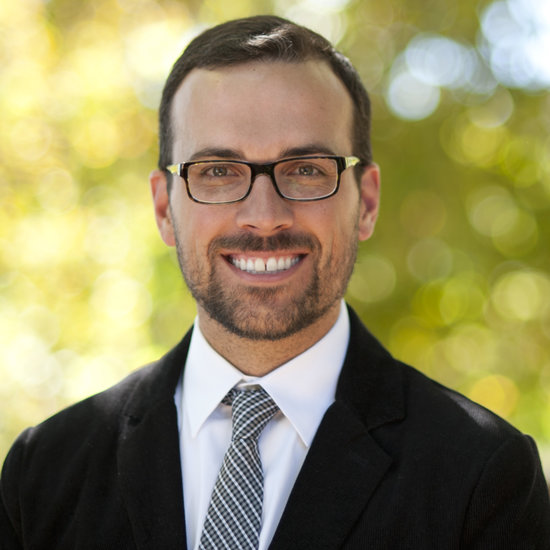Tomás Bogardus Evaluates the Validity of Naturalism in Recent Publication

In the summer of 2022, Seaver College’s associate professor of philosophy, Tomás Bogardus, published his most recent research article titled, “If Naturalism is True, then Scientific Explanation is Impossible,” with the journal of Religious Studies. In this text, Bogardus seeks to disprove the fundamental tenets of the naturalist perspective in hopes of promoting a supernatural worldview.
“Naturalism is the view that nothing supernatural exists. There’s no God, or anything at all like God. This is a very old rival to a supernatural view of the world, dating back at least to pre-Socratic philosophers like Democritus,” says Bogardus. “I myself am a Christian, and therefore a supernaturalist, so I like to think about reasons that would help us settle this long-standing debate. The argument I develop in this paper is, I believe, a new reason to think that naturalism is not true.”
Bogardus’ argument is centered on scientific explanation. He claims that while naturalists rely on laws of nature when explaining natural phenomena, when asked to explain the fundamental laws themselves, they are at a loss. This means that, ultimately, scientific explanations have no firm basis, if naturalism is true.
“It’s like trying to explain the stability of the Earth by saying it rests on giant elephants, and those rest on a turtle, but the turtle rests on nothing,” explains Bogardus. “The mysteriousness of that bottom turtle works its way up, as it were, infecting the rest of the proposed explanation. And, because of that, the explanation doesn’t work.”
As a result of its inability to account for scientific explanation, one of the main projects and virtues of science, Bogardus reasons that naturalism cannot be a correct view of the world. To learn more about this text and its findings, visit the Cambridge University Press website.